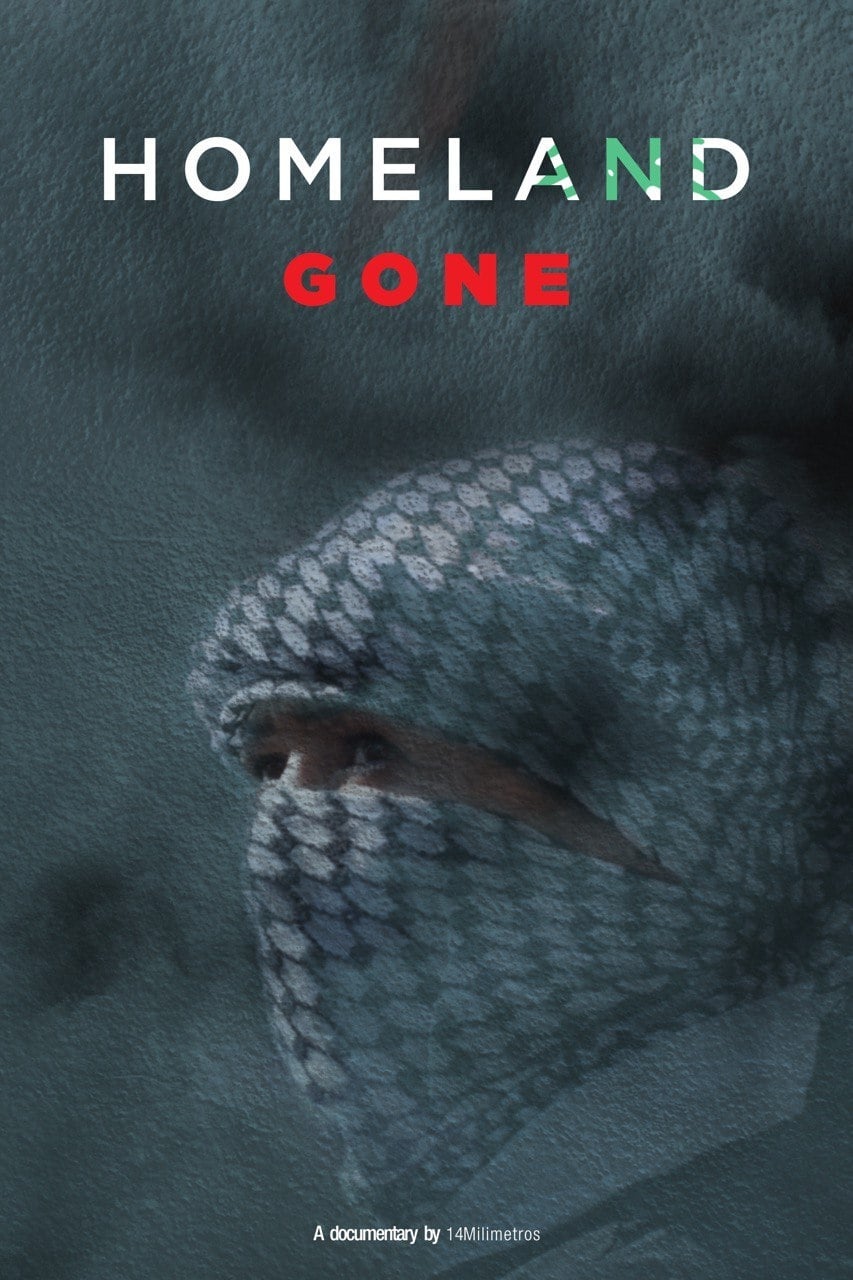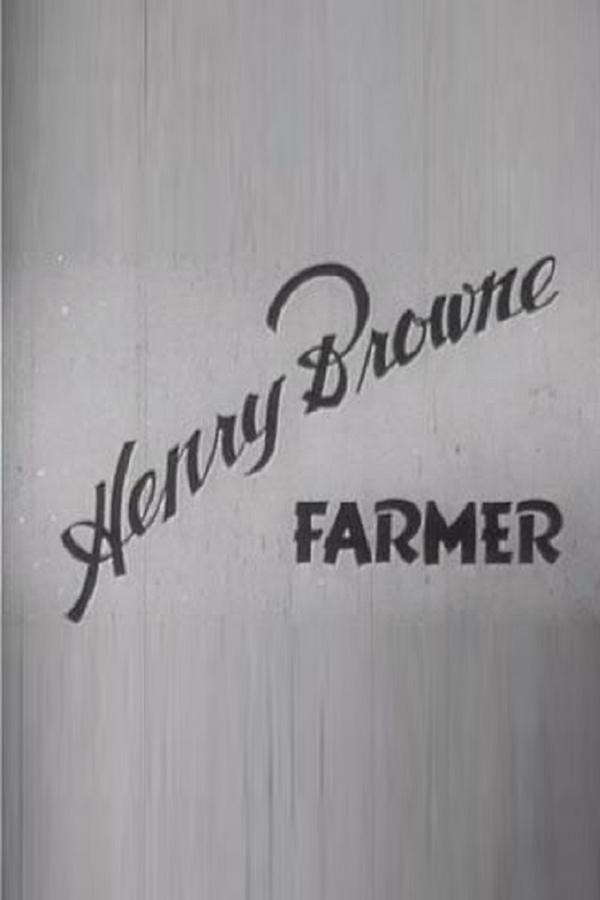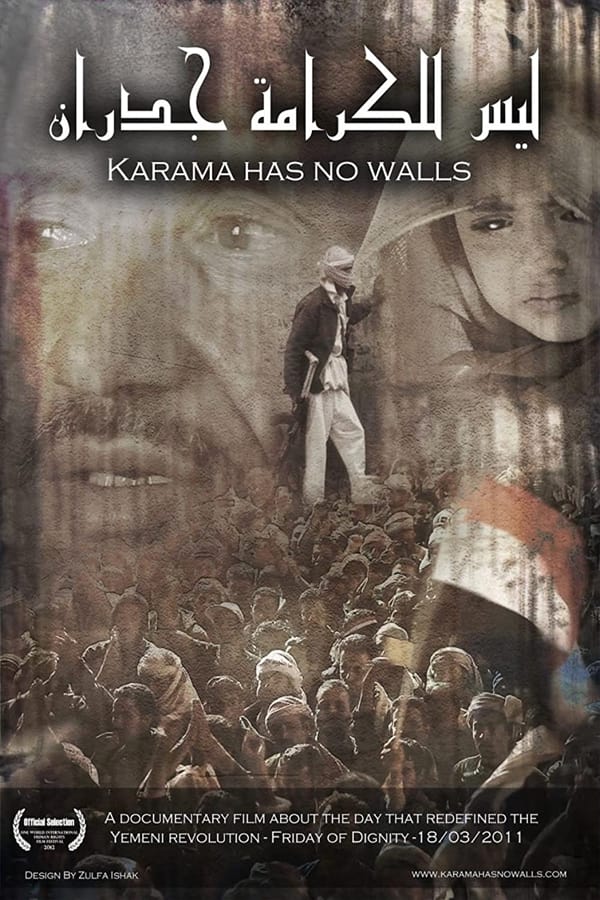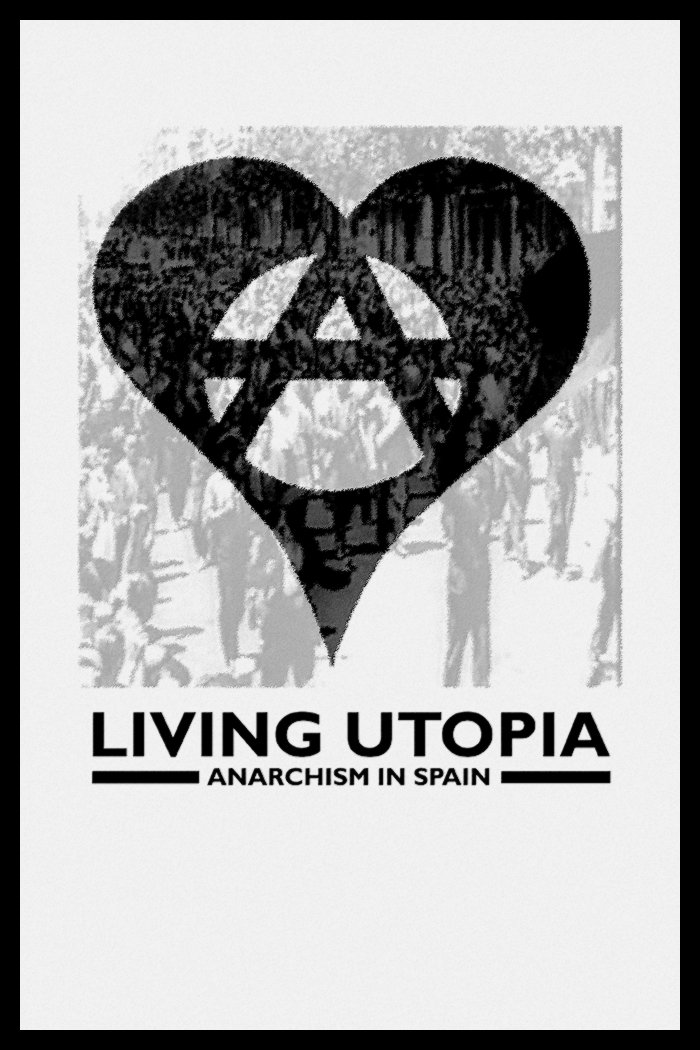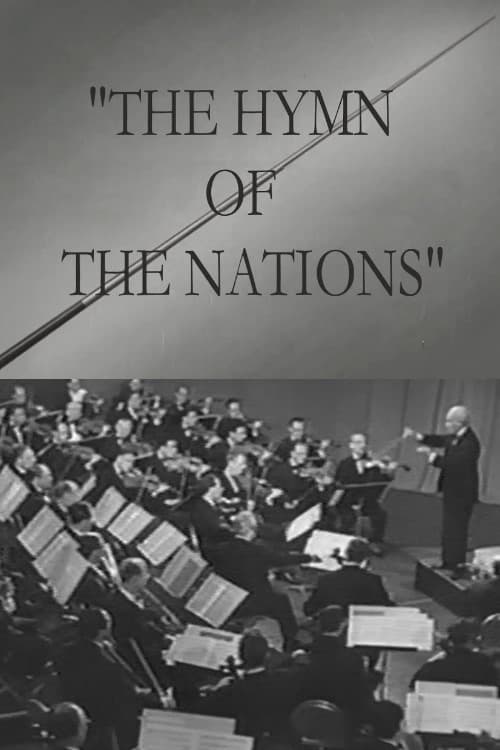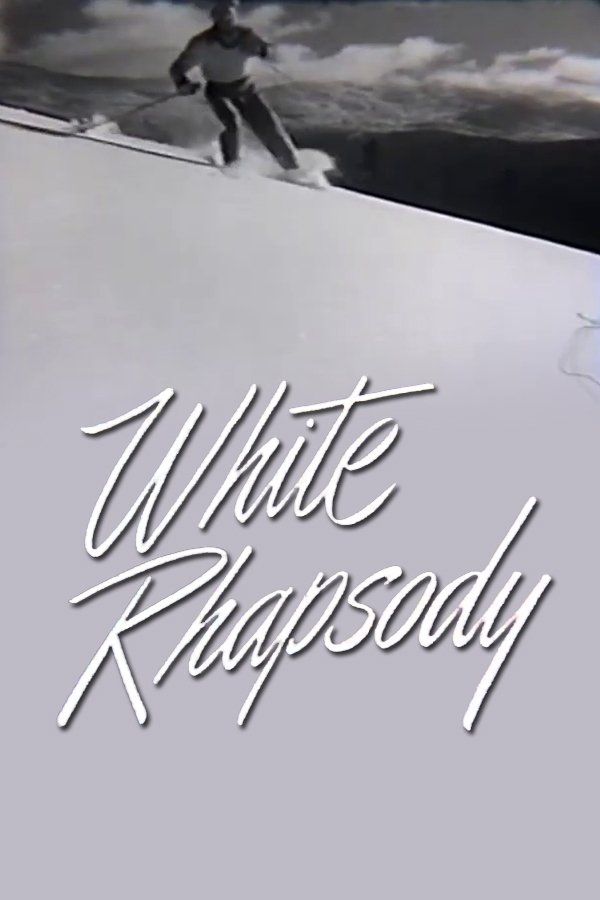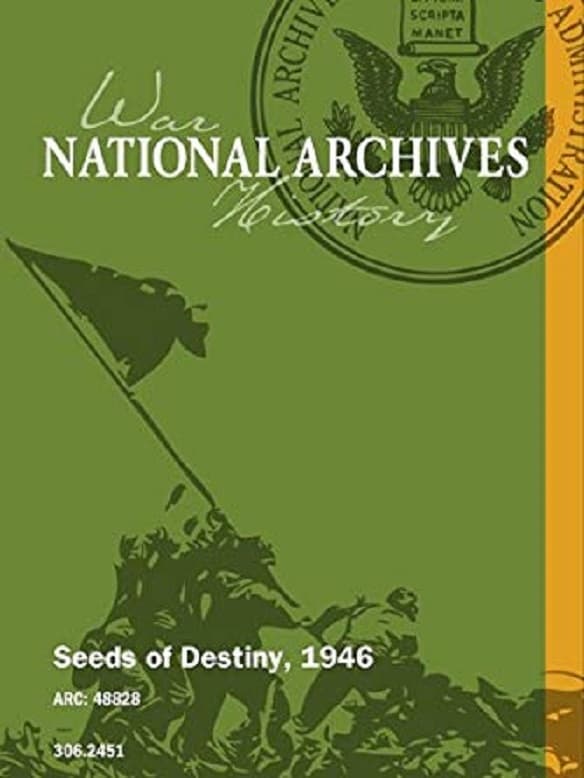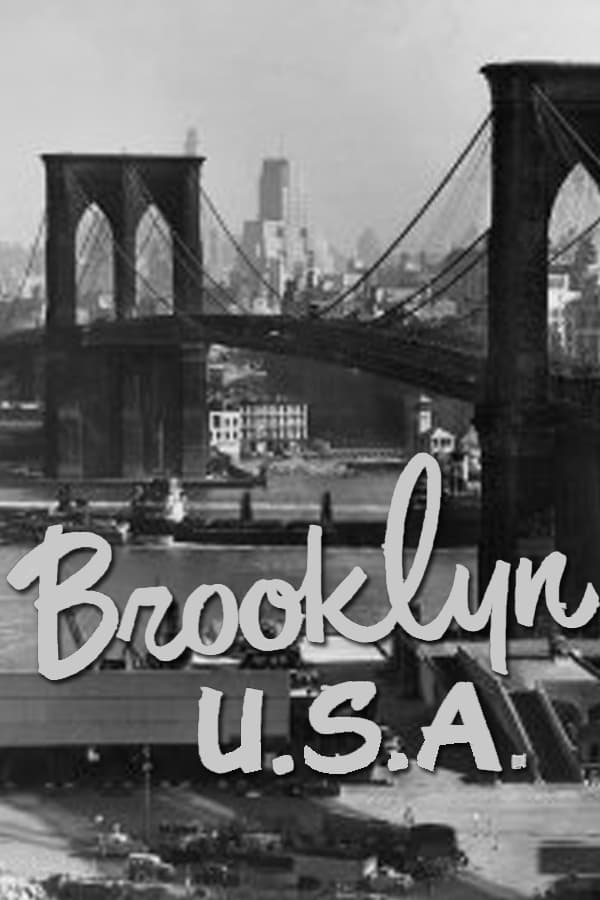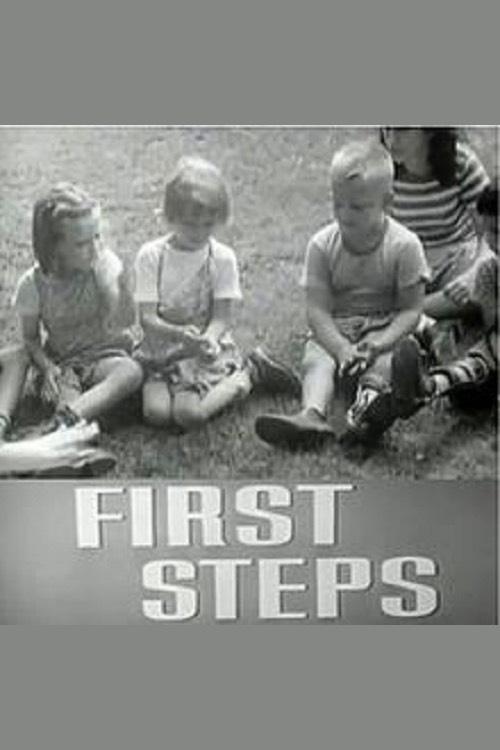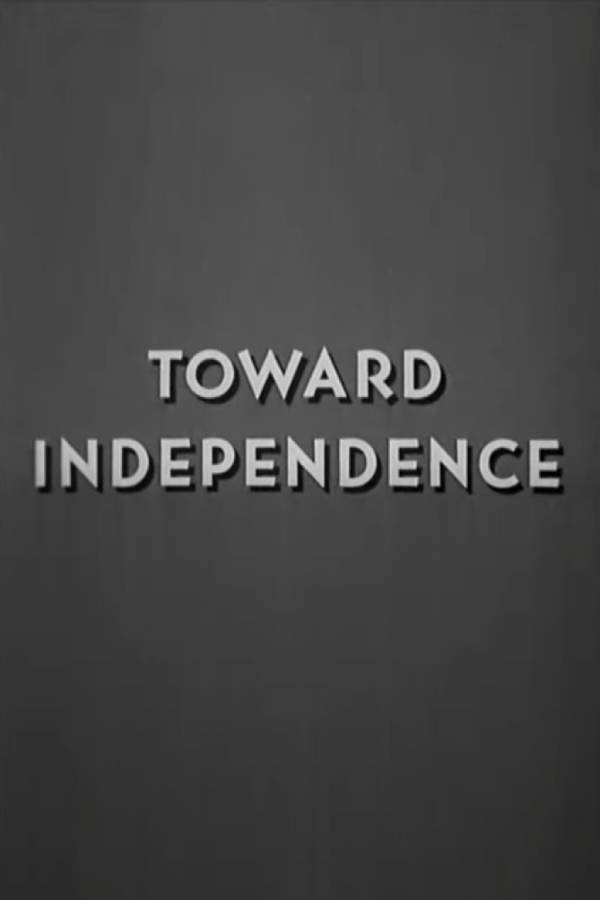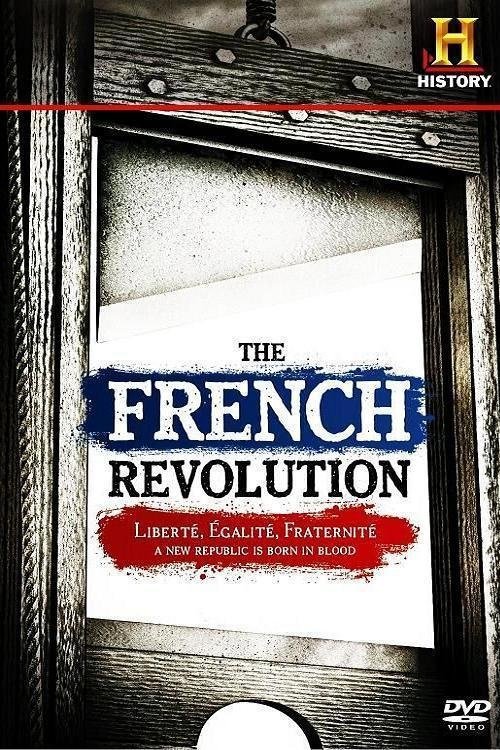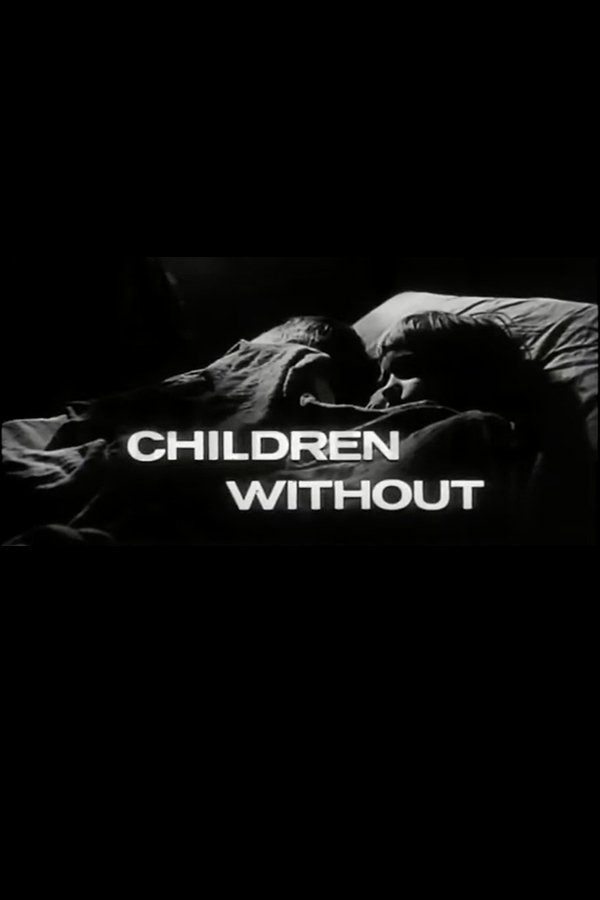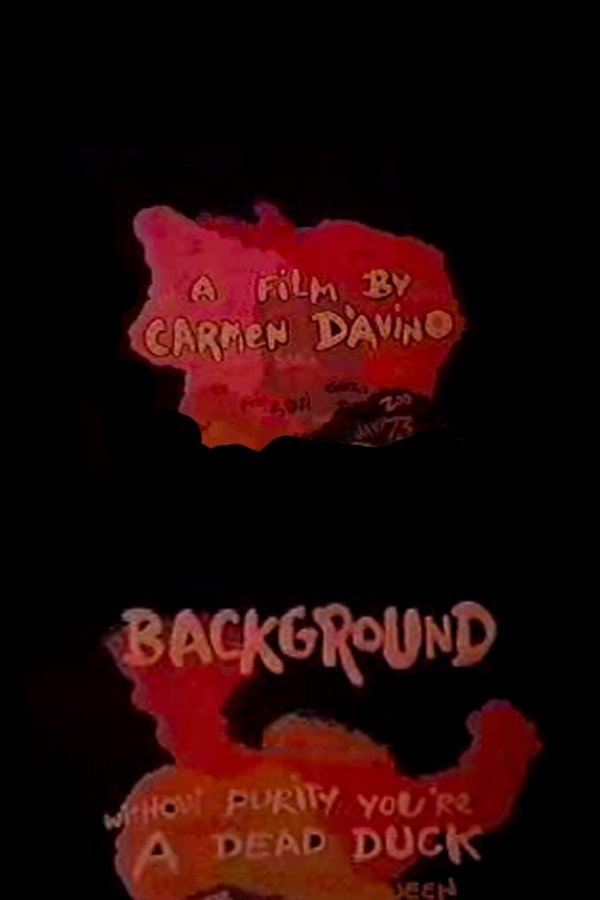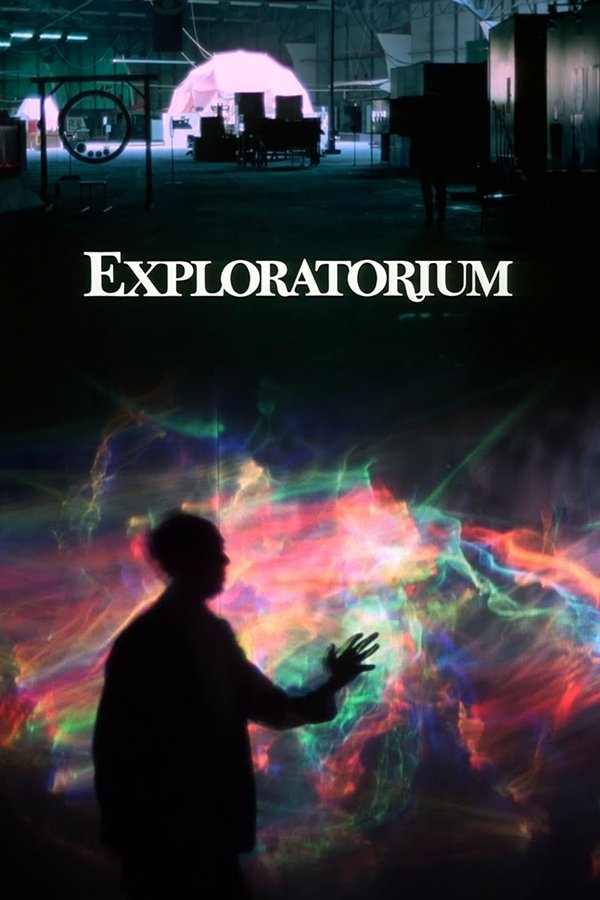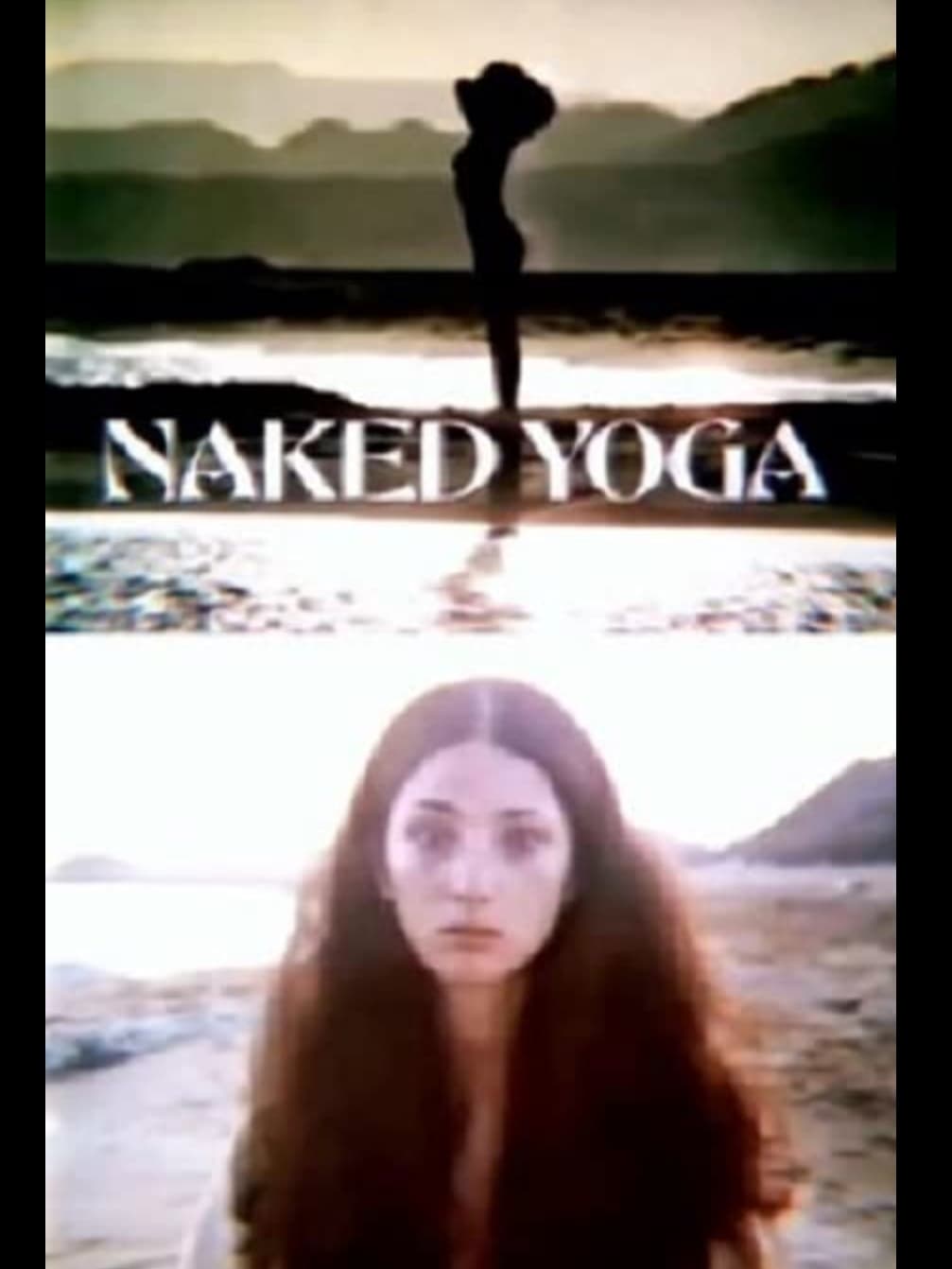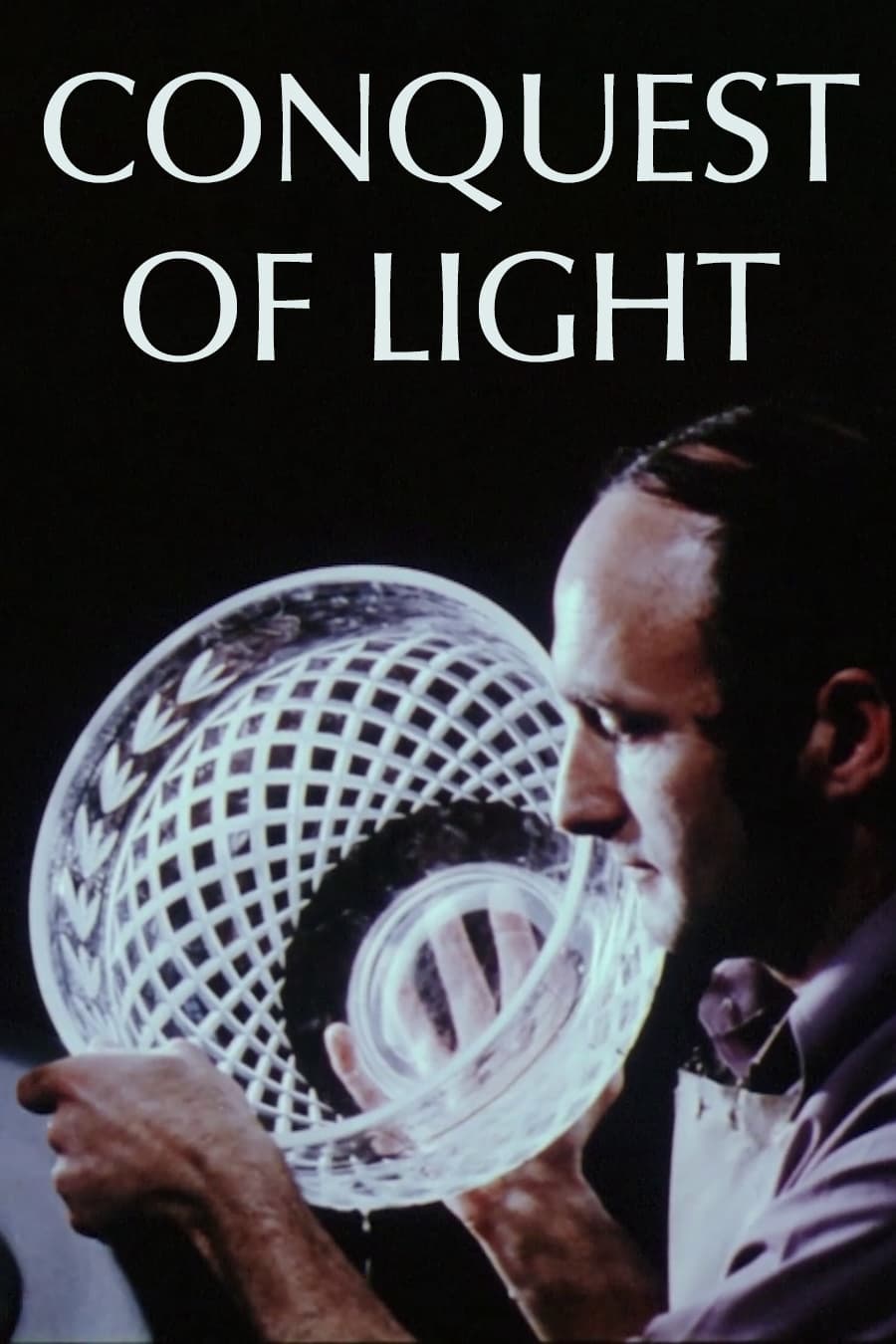1848 (1950)
Overview
The film explains the French Revolution of 1848. Bernard Blier's narration is supported by pictures once drawn by contemporary artists including Honoré Daumier. Preserved by the Academy Film Archive in 2010.
Production Companies
Additional Info
| Budget | $0.00 |
|---|---|
| Revenue | $0.00 |
| Original Language | fr |
| Popularity | 0.179 |
Directed By
Marguerite de la Mure
Victoria Mercanton
TOP CAST
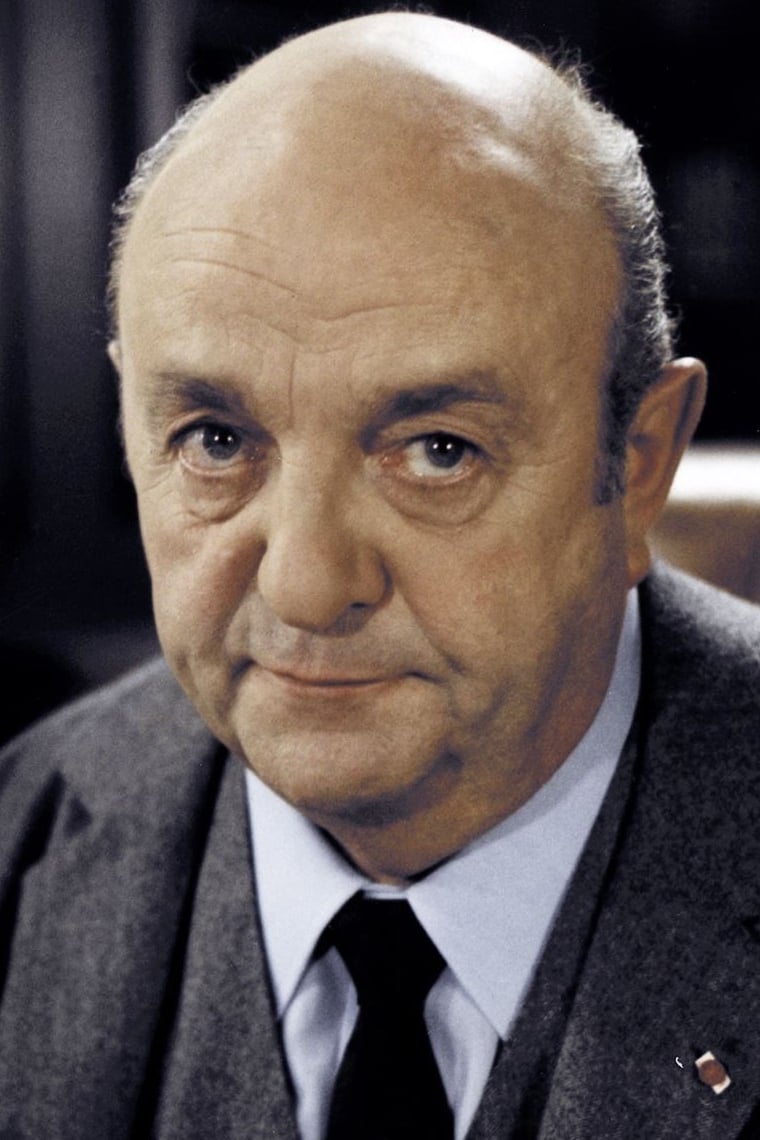
Bernard Blier
Récitant / Narrator (voice)
Similar Movies
Homeland Gone
Lebanon is a country hijacked by sects, money, and power. While citizens long for a collective identity to thrive as a community, politicians use the sectarianism for their corrupt ambitions. Unless there is a change, Lebanon will be lost forever.
Primary
Primary is a documentary film about the primary elections between John F. Kennedy and Hubert Humphrey in 1960. Primary is the first documentary to use light equipment in order to follow their subjects in a more intimate filmmaking style. This unconventional way of filming created a new look for documentary films where the camera’s lens was right in the middle of what ever drama was occurring. Preserved by the Academy Film Archive in partnership with The Film Foundation in 1998.
Churchill's Island
The people of Britain resist the German air force and navy with help from North America. Preserved by the Academy Film Archive in partnership with Library and Archives Canada in 2005.
Henry Browne, Farmer
Henry Browne, an African American farmer, and his family are profiled in this film. The important job of a farmer during times of war is highlighted, specifically his efforts growing peanuts and cotton. This role is made even more poingnant when they visit the eldest son who is a cadet in the 99th Pursuit Squadron.
Karama Has No Walls
'Karama has no walls' is set amidst Yemen's 2011 uprising. The film illustrates the nature of the Yemeni revolution in stark contrast to the gross violations of human rights that took place on Friday, March 18th 2011. Juma'at El-Karama (Friday of Dignity) marks a turning point in the Yemeni revolution as the tragic events that took place on this day -when pro-government snipers shot dead 53 protestors - shook the nation and propelled hundreds of thousands more to flock to the square in solidarity with their fellow citizens. Through the lenses of two cameramen and the accounts of two fathers, the film retells the story of the people behind the statistics and news reports, encapsulating the tragic events of the day as they unfolded.
Louis XVI: The Unknown Versailles
Stéphane Bern tells the story of King Louis XVI, deposed by the revolution and guillotined on January 21st, 1793. He was a cultured man, passionate about the technical advances of his time, but powerless against the huge deficit in the country. He actively supported the birth of the USA. Louis XVI was the last king to live in the palace of Versailles, where he organized the first flight of a balloon, launched the legendary expedition of Jean-Francois de La Perouse and offered his wife Marie Antoinette, the beautiful setting of the Petit Trianon, as million visitors around the world continue to admire.
Terror! Robespierre and the French Revolution
In 1794, French revolutionary Maximilien Robespierre produced the world's first defense of "state terror" - claiming that the road to virtue lay through political violence. This film combines drama, archive and documentary interviews to examine Robespierre's year in charge of the Committee Of Public Safety - the powerful state machine at the heart of Revolutionary France. Contesting Robespierre's legacy is Slavoj Zizek, who argues that terror in the cause of virtue is justifiable, and Simon Schama, who believes the road from Robespierre ran straight to the gulag and the 20th-century concentration camp. The drama, based on original sources, follows the life-and-death politics of the Committee during "Year Two" of the new Republic.
Living the Utopia
A retrospective look at the anarcho-syndicalist and anarcho-communist experience in Spain from 1930 until the end of the Civil War in 1939.
Hymn of the Nations
Hymn of the Nations, originally titled Arturo Toscanini: Hymn of the Nations, is a 1944 film directed by Alexander Hammid, which features the "Inno delle nazioni," a patriotic work for tenor soloist, chorus, and orchestra, composed by Italian opera composer Giuseppe Verdi in the early 1860s. (For this musical work, Verdi utilized the national anthems of several European nations.) In December 1943, Arturo Toscanini filmed a performance of this music for inclusion in an Office of War Information documentary about the role of Italian-Americans in aiding the Allies during World War II. Toscanini added a bridge passage to include arrangements of "The Star-Spangled Banner" for the United States and "The Internationale" for the Soviet Union and the Italian partisans. Joining Toscanini in the filmed performance in NBC Studio 8-H, were tenor Jan Peerce, the Westminster Choir, and the NBC Symphony Orchestra. Preserved by the Academy Film Archive in 2010.
White Rhapsody
White Rhapsody is a 1945 short film directed by Jack Eaton, with Ted Husing narrating. The film explores the popular sport of skiing. It was nominated for an Oscar in the category Best Short Subject, One-Reel. Preserved by the Academy Film Archive in partnership with UCLA Film & Television Archive in 2013.
Seeds of Destiny
Oscar winning postwar propaganda film in support of the United Nations Relief and Rehabilitation Administration. Strident but poignant, focusing on children. The film surveys the Nazi/Japanese atrocities, post-war devastation and the early relief efforts. This film was responsible for raising over $200,000,000, making it a top moneymaking film. Preserved by the Academy Film Archive in 2005.
Brooklyn, U.S.A.
Brooklyn, U.S.A. is a 1947 English language short film directed by Arthur Cohen, starring Ted de Corsia. It was nominated for an Oscar in the category of Best Short Subject, One-Reel. Preserved by the Academy Film Archive.
First Steps
United Nations, 1947 - In this film one crippled child learns to walk: first to move, then to stand, and finally to take his first steps. The film deals with modern techniques of physiotherapy, and the need to develop the whole child - his emotions and his mind as well as his muscles - is stressed. Skilled adult workers offer not only massage and therapy, but also love and understanding, and occupational therapy for children and takes the form of both play and work. Movements learned become part of the daily jobs of feeding and dressing. Early attempts to walk are made with the help of apparatus. Finally the initially hesitant steps on his own are taken. As the film ends the boy walks. Preserved by the Academy Film Archive in 2005.
Toward Independence
Toward Independence is a 1948 American short documentary film about the rehabilitation of individuals with spinal cord injuries. Preserved by the Academy Film Archive in 2005.
The French Revolution
On July 14, 1789, a mob of angry Parisians stormed the Bastille and seized the King's military stores. A decade of idealism, war, murder, and carnage followed, bringing about the end of feudalism and the rise of equality and a new world order. The French Revolution is a definitive feature-length documentary that encapsulates this heady (and often headless) period in Western civilization. With dramatic reenactments, illustrations, and paintings from the era, plus revealing accounts from journals and expert commentary from historians, The French Revolution vividly unfurls in a maelstrom of violence, discontent, and fundamental change. King Louis XVI, Marie Antoinette, Maximilien Robespierre, and Napoleon Bonaparte lead a cast of thousands in this essential program from THE HISTORY CHANNEL®. Narrated by Edward Herrmann (The Aviator, Gilmore Girls), The French Revolution explores the legacy that--now more than ever--stands as both a warning and a guidepost to a new millennium
Children Without
Children Without is a 1964 American short documentary film directed by Charles Guggenheim, about a young girl and her brother growing up in the housing projects of Detroit. It was nominated for an Academy Award for Best Documentary Short. Preserved by the Academy Film Archive in 2016.
Background
Background is a 1973 American short documentary film directed by Carmen D'Avino. It was nominated for an Academy Award for Best Documentary Short. The original version was preserved by the Academy Film Archive in 2012.
Exploratorium
An Oscar-nominated film with no narration showing the Exploratorium (The Palace of Arts and Science) in San Francisco. It shows many of the exhibits and the reaction of visitors to many of these. Preserved by the Academy Film Archive.
Naked Yoga
Three young ladies perform yoga without clothes in the open air of Cyprus. Another does the same in a studio. These visuals are interspersed with images of Eastern art, processed for "psychedelic" effect. The narrator relates the practice of yoga to Buddhist philosophy. Preserved by the Academy Film Archive in partnership with British Film Institute in 2012.
Conquest of Light
Examines the mesmerising construction of clear crystal glass pieces created by the craftsmen of Waterford. The process from the intense heat of the furnace to glass blowing, shaping, cutting, honing, filling and finishing is all depicted in this celebration of the art of creation of Waterford Glass. Academy Award Nominee: Best Live Action Short - 1976.
